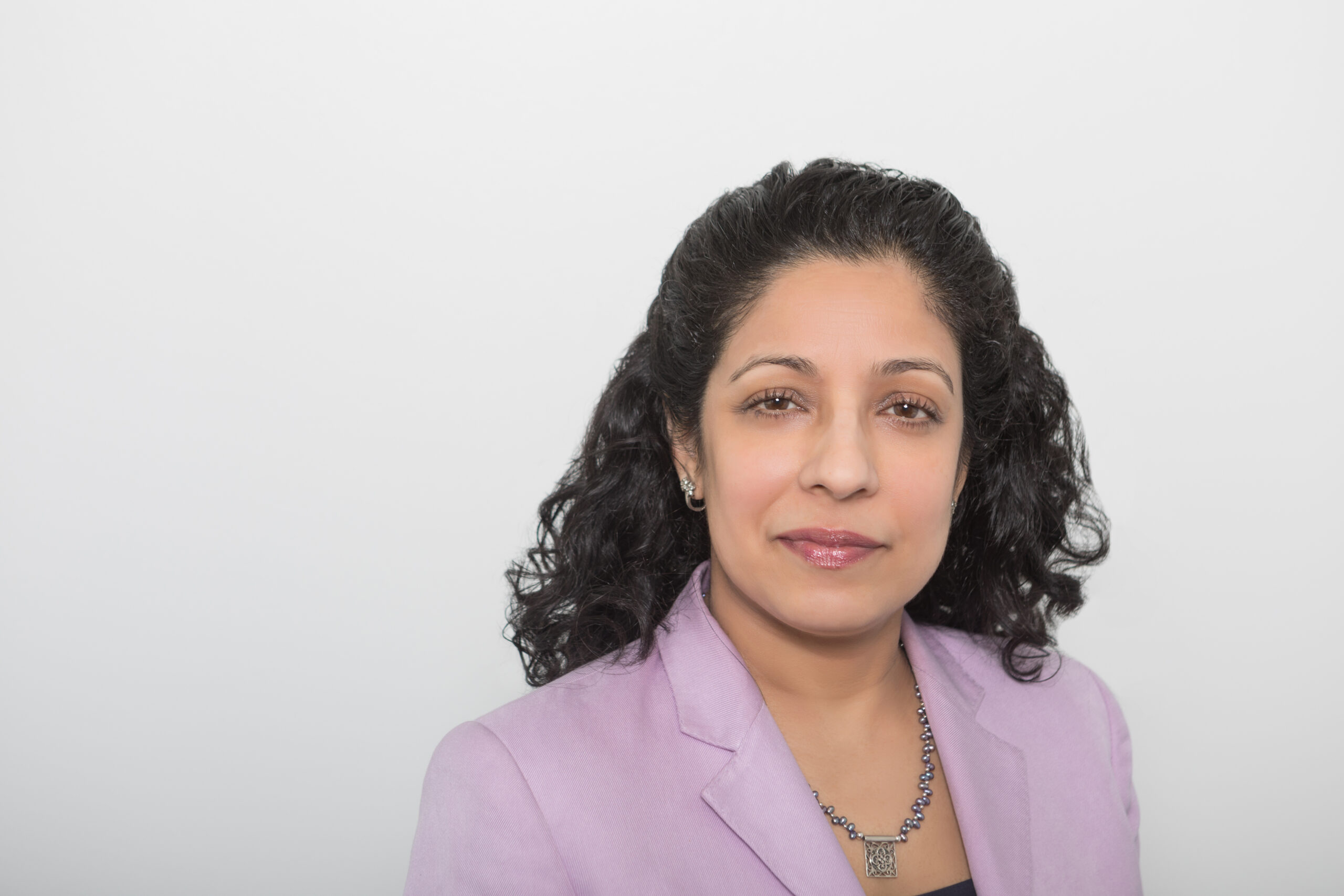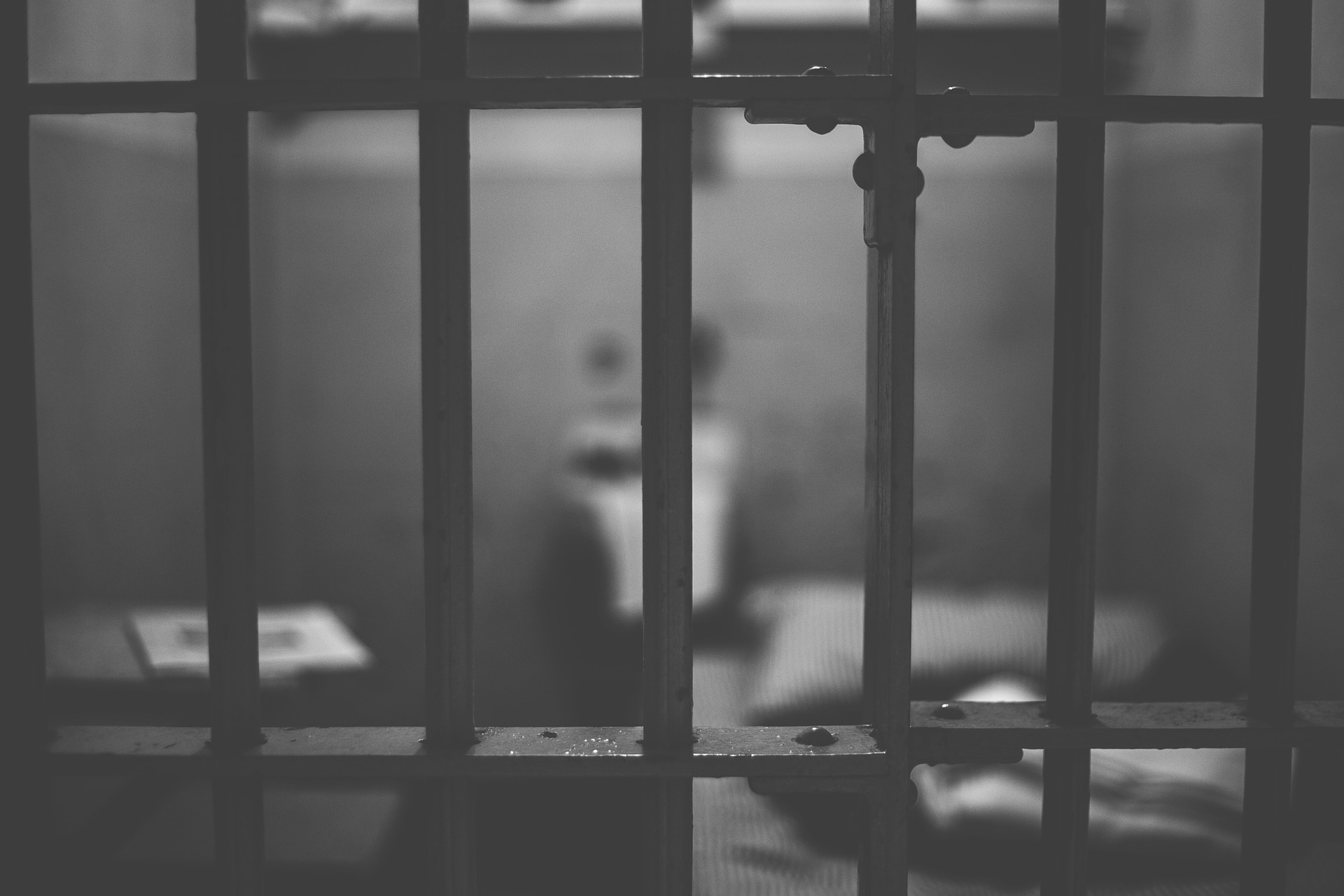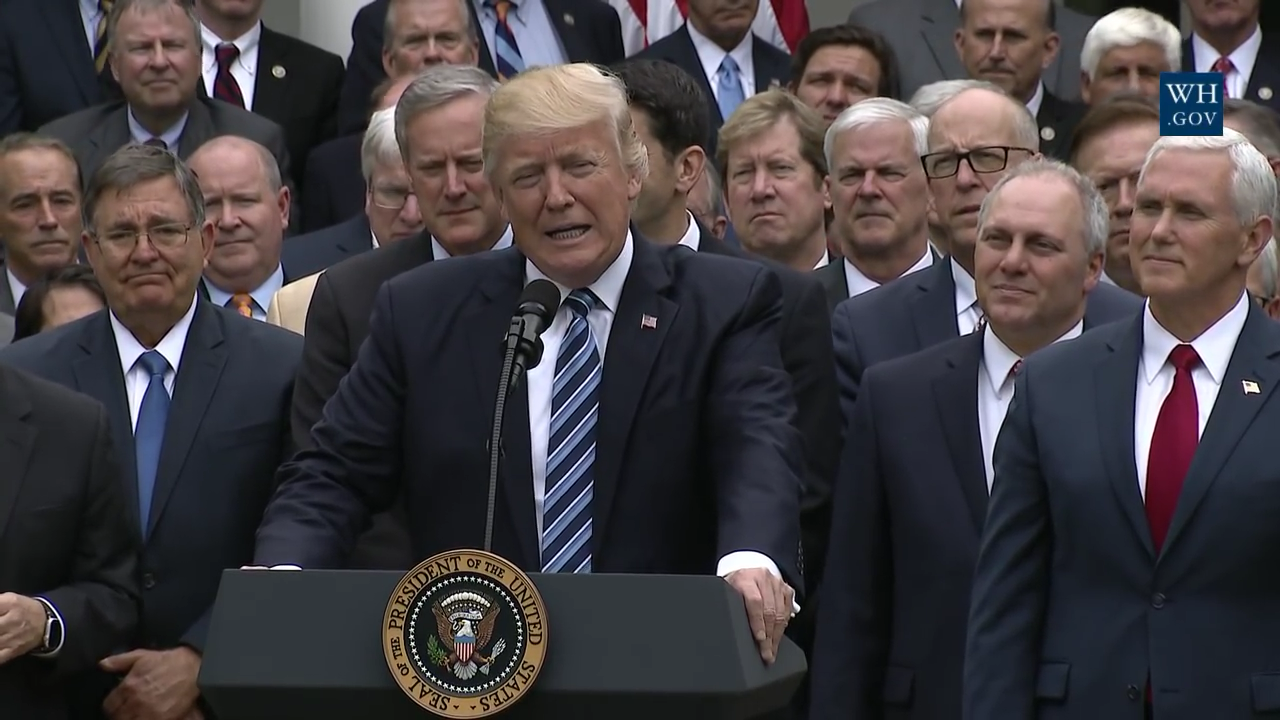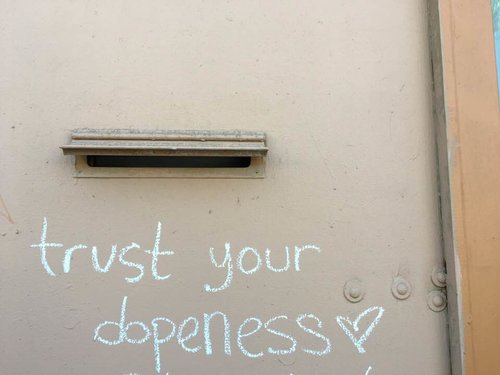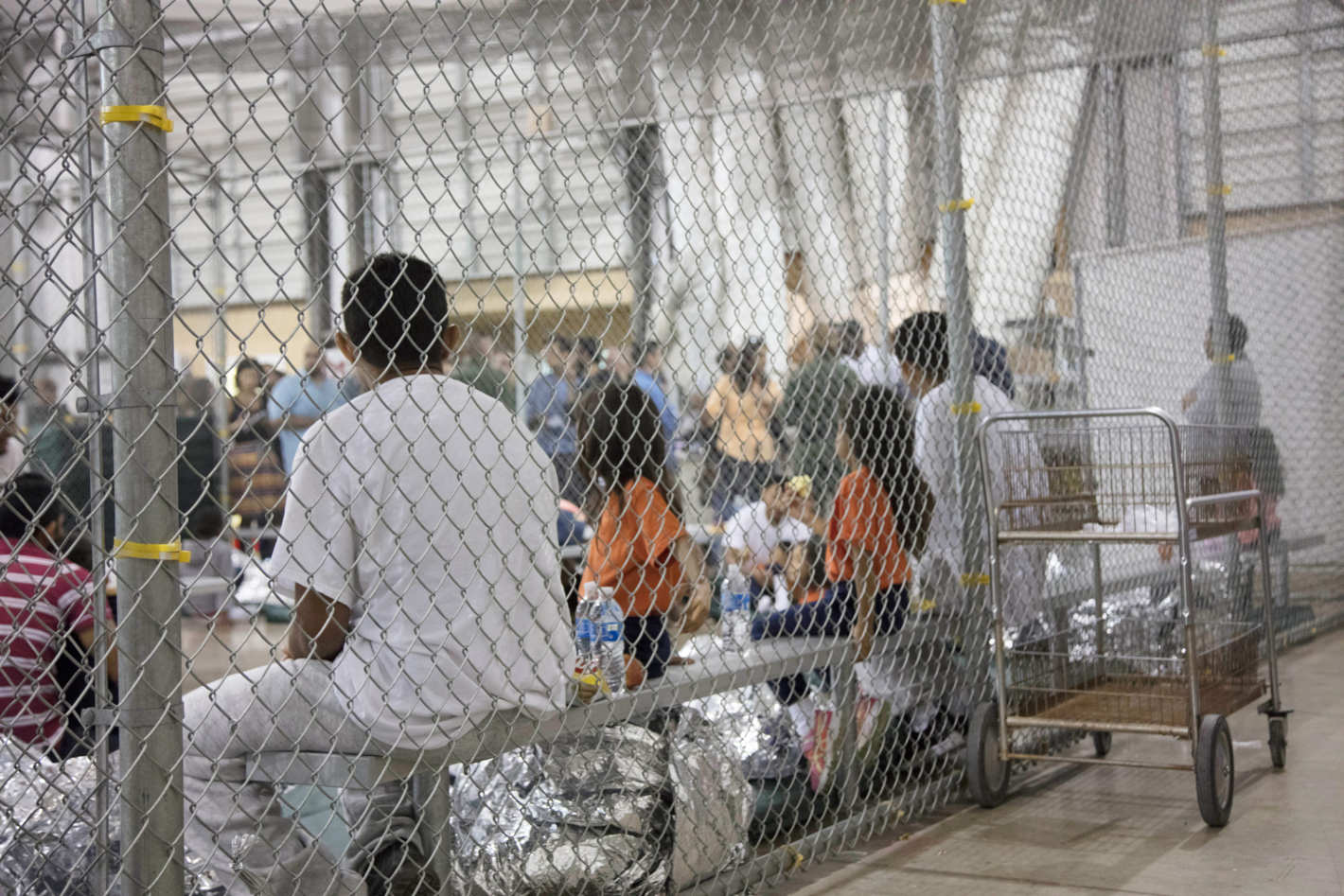Abortion rights, women of color, and LGBTQI+ people are under attack. Pledge to join us in fighting for gender justice.
Patsy Mink Fought to Break Down Barriers to Education for Women and Girls, and We Must Continue the Fight
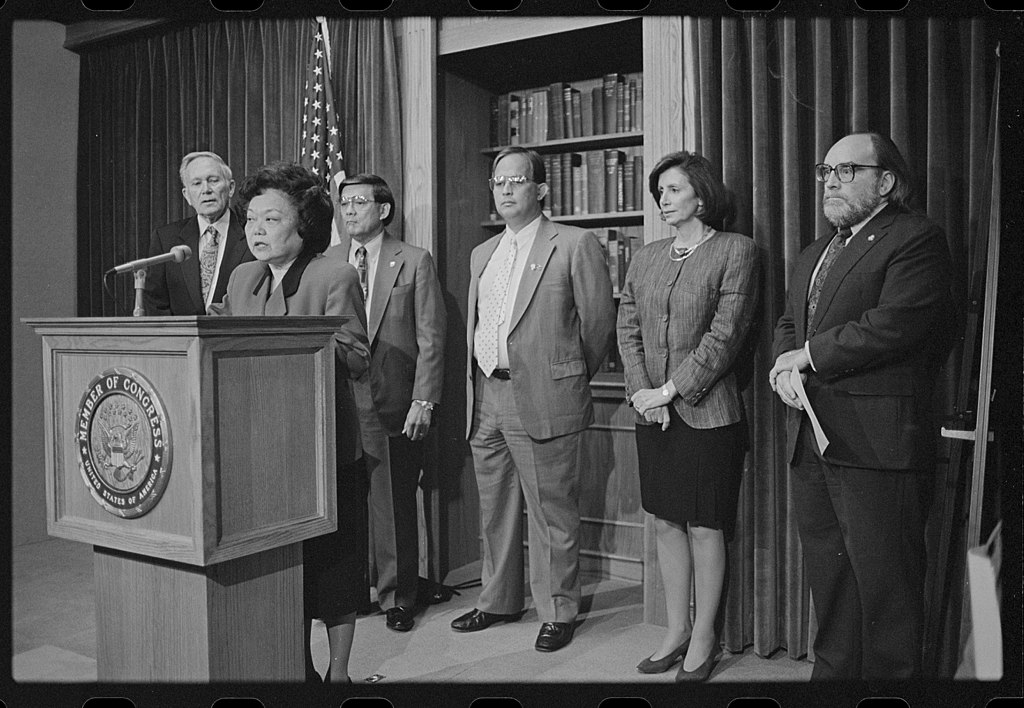
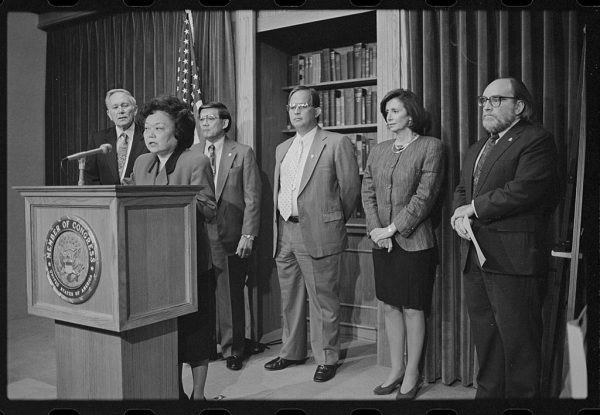
As we celebrate Asian Pacific American Heritage month, I find myself reflecting on my own journey as an Asian American woman and the civil rights work that I have the privilege to do. I have a number of Asian/Asian American female trailblazers to thank for where I am today: my maternal grandmother, who went against her family to become a renowned doctor in Varanasi, India in the 1930s; my mother, who left her homeland to come to the U.S. and start a new life, which included becoming a doctor who rose to the rank of Lieutenant Colonel in the U.S. Army; and the late Rep. Patsy Takemoto Mink, the mother of Title IX, who opened the doors to education for women and girls all across America (and whom I was lucky enough to see while she was in Congress).
Title IX prohibits sex discrimination in federally funded education programs, and before its passage in 1972, women were routinely not allowed into colleges or graduate schools. Mink herself was denied admission to medical school because she was a woman, and although she was ultimately able to go to law school, no one would hire her because she had a child and therefore was presumed to be unable to work long hours. Nevertheless, she persisted. And she ended up becoming the first woman of color elected to Congress and changing the course of U.S. history by authoring and co-sponsoring Title IX.
If Rep. Mink were alive today, I’m sure she would be leading the charge to address the many forms of discrimination that push girls out of school, such as stereotyping, explicit and implicit bias, harassment, and sexual violence. And I think she would be particularly upset to see the many ways in which Asian and Pacific Islander girls are still denied equal educational opportunities:
- AAPI girls face many stereotypes, from the “Geisha girl” who is docile and sexually subservient, to the model minority who is hard-working and excels in school. In addition to being offensive and restrictive, these generalizations also fail to account for the incredible cultural, linguistic and overall diversity among Asians and Pacific Islanders, and they often lead to discrimination against AAPI girls for being “exotic.”
- According to NWLC’s national Let Her Learn Survey
- 1 in 4 Asian and Pacific Islander girls report being harassed because of their name or family’s origin.
- Almost 1 in 2 (46 percent) Asian and Pacific Islander girls report being called a racial slur—higher than any other group of girls.
- The model minority myth also leads to educators overlooking serious issues AAPI girls are facing. For example, a Korean girl who participated in an NWLC listening session revealed that her guidance counselor dismissed her manic behavior and depression as her just being overworked when in fact she was suffering trauma from childhood sexual abuse.
Policymakers, schools, and communities must do more to ensure that all girls can learn in environments free from discrimination. We have a number of recommendations for doing so in our Let Her Learn reports, and we will continue the fight that Rep. Mink started until we win. Our girls deserve no less.


